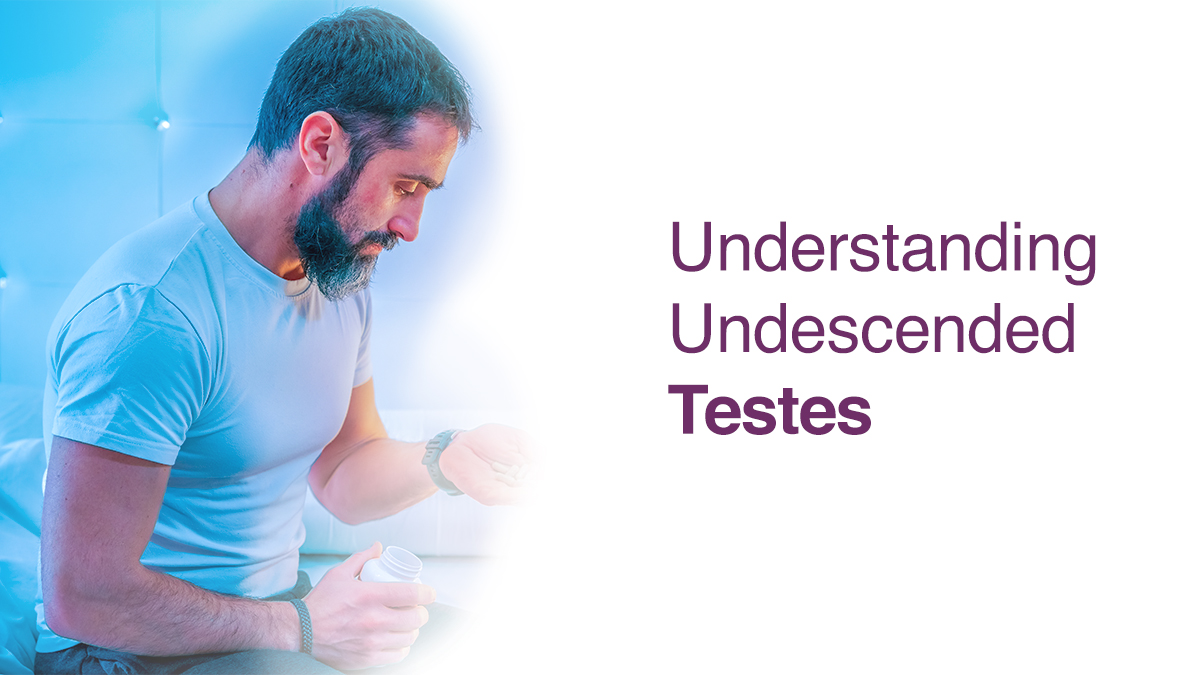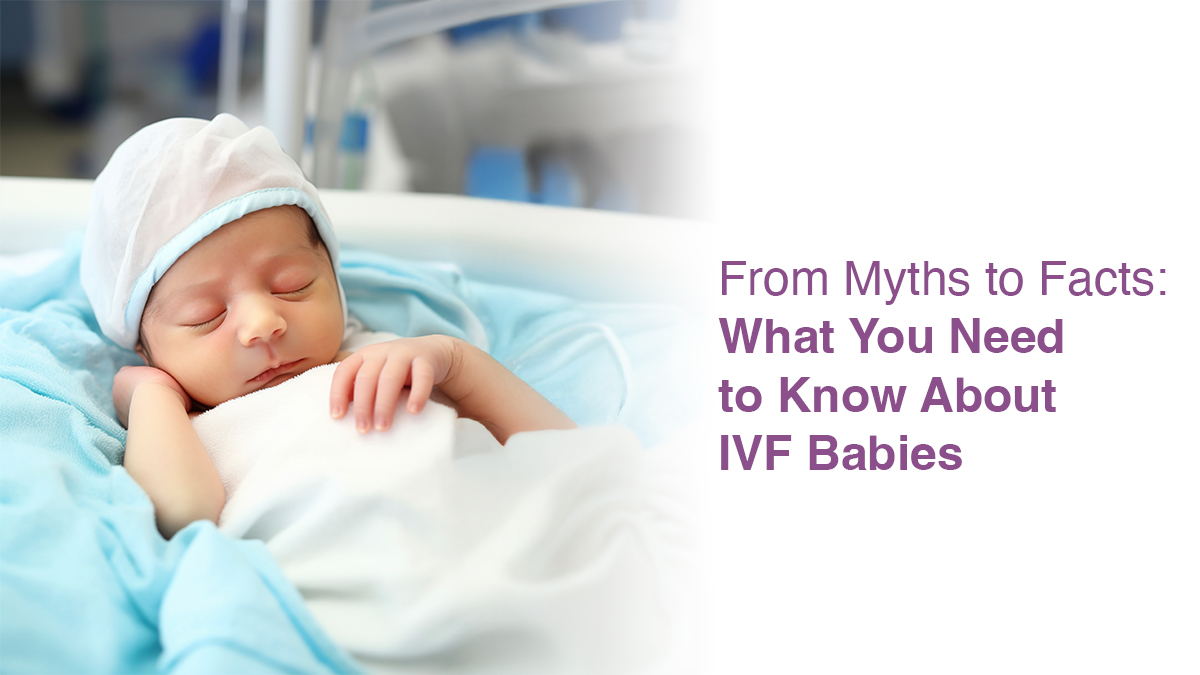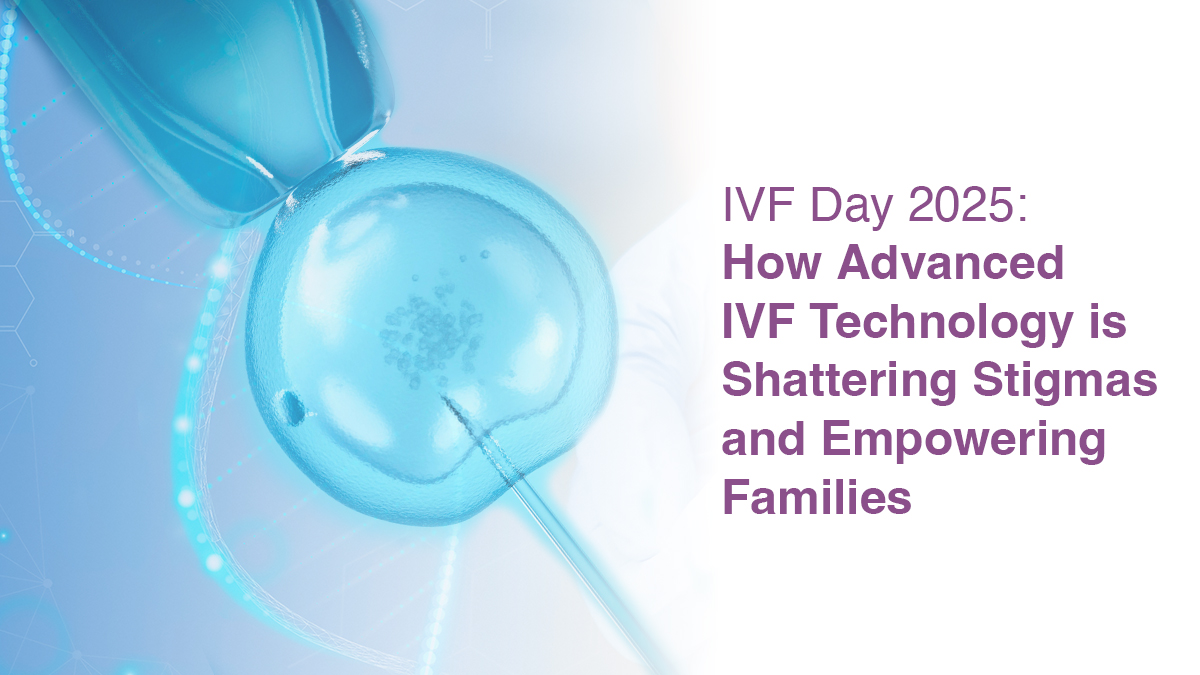
Understanding Undescended Testes

Undescended testis is the most common birth defect of the male genital tract. The last few months of pregnancy showcase many changes for the unborn child. In boys, at around seven months the testicles move from the lower abdomen to the scrotum. However, sometimes, one or both testicles may occasionally fail to descend. It is known as undescended testes.
What Are Undescended Testicles?
Undescended testes or Cryptorchidism is the failure of descent of atleast one testicle in the scrotum. The testes are responsible for production of sperms and the male sex hormones. The testicles start developing in the abdomen during fetal development. And usually descend into the scrotum by the seventh month of pregnancy.
Premature babies are more likely than full-term babies to have undescended testes with the incidence being 30 % in premature babies and 3% in term babies . Around 80% of undescended testes usually descend spontaneously within the first 3 months of life. However, if the descent does not happen till 6 months, spontaneous descent is less likely. In these cases, surgical intervention as orchidopexy may be performed between 6 to 18 months of life to restore testicular function.
Causes of Undescended Testicles
The descent of testes is controlled by hormonal balance during the development of the baby. No definite cause can be attributed to the disruption of this delicate balance. Though various factors have been associated with it, birth weight and family history have the strongest correlation.
The following conditions may increase the likelihood of an undescended testicle:
- Alcohol and smoking during pregnancy
- Premature and low birth weight babies
- Diabetes, high blood pressure and obesity in mother during pregnancy
- Genetic disorders like down’s syndrome
- Parents’ exposure to specific chemicals like pesticides, phthalates etc.
Symptoms of Undescended Testicles
It is usually detected by the inability to feel testicles in one or both scrotal sacs. The scrotum is the skin sacks that hang beneath the penis. It may also present as inguinal hernia.
Diagnosis of Undescended Testicles
During a physical check up at the time of delivery or soon after, the child’s doctor can identify undescended testicles.
The baby is referred to a pediatric urologist for further assessment and confirmation of diagnosis. To assist in locating the testicles, they could prescribe imaging procedures, such as a pelvic ultrasound or MRI.
Treatment Options for Undescended Testicles
Usually 80 percent of undescended testes would come down spontaneously in the first 3 months of life. A skilled surgeon should be able to detect and feel testes in most of the cases. Once the diagnosis is confirmed, intervention is done between 6 to 18 months of age. An undescended abdominal testes is at higher risk of having cancer, seminoma. Hence, if detected at later age, surgery is still advised for early diagnosis and treatment of testicular cancer.
The most popular treatment is for undescended testicles is Surgery namely Orchidopexy. The purpose of the surgery is getting the testes at the right location and restoring its function. For it to be effective, it should be performed between the ages of 6 and 18 months. The earlier its done the better it is.
Though hormones have been tried to treat an undescended testicle but they have not proved to be effective. However, they might be helpful in genetic factors like Prader willi syndrome.
Potential Complications of Undescended Testicles
- Infertility
- Inguinal hernia
- Increased risk of testicular cancer in one or both testes
Long-term Outlook and Fertility Considerations
The prognosis for undescended testicles is favourable in the long run, particularly if the treatment is received early in life. Surgery helps reduce the odds of consequences like testicular cancer and infertility. Later in life, boys who have just one testicle undescended, typically have normal fertility. However, problems with fertility could occur if both the testicles are undescended. Frequent examinations are necessary to track progress and identify possible issues early. It can significantly impact your child’s reproductive health and general well-being as they grow up if you stay aware and heed your doctor’s instructions.
Prevention and Risk Reduction
Early treatment is the first step in preventing complications from undescended testicles. Long-term risks like infertility and testicular cancer are greatly decreased when surgery is scheduled before your child turns 12 months old. For early detection, routine pediatric examinations are crucial, and post-operative surveillance guarantees healthy testicle growth.
Preterm birth and low birth weight are risk factors that can be addressed by good pregnancy care. Making educated decisions is possible by being aware of the illness and talking with your doctor about any family medical history. Reducing difficulties and guaranteeing your child’s well-being as they mature depends on regular check-ups and being proactive about their health.
When to Seek Medical Advice?
If the child’s either or both testicles can not be felt in the scrotum, the paediatrician should be consulted immediately. The baby should be evaluated to rule out any inguinal hernia. If they fail to descend by six months of age, consult a paediatric urosurgeon. The baby may be prescribed ultrasound for further evaluation and planning of the treatment.
If detected at a later age, a urosurgeon should be consulted for further evaluation. A fertility evaluation is also needed in case of bilateral undescended testes.
Conclusion
Early treatment of undescended testes is crucial for preventing long-term complications like infertility or testicular cancer. If you’re looking for an appropriate treatment option for undescended testicles in adults and kids, visit the Oasis Fertility Clinic near you. Moreover, you can also call us at 1800-3001-1000 or use our live chat to avail more details.


fill up the form to get a
Free Consultation
Avail 0% interest on EMI
All Procedures | No Upper Limit





